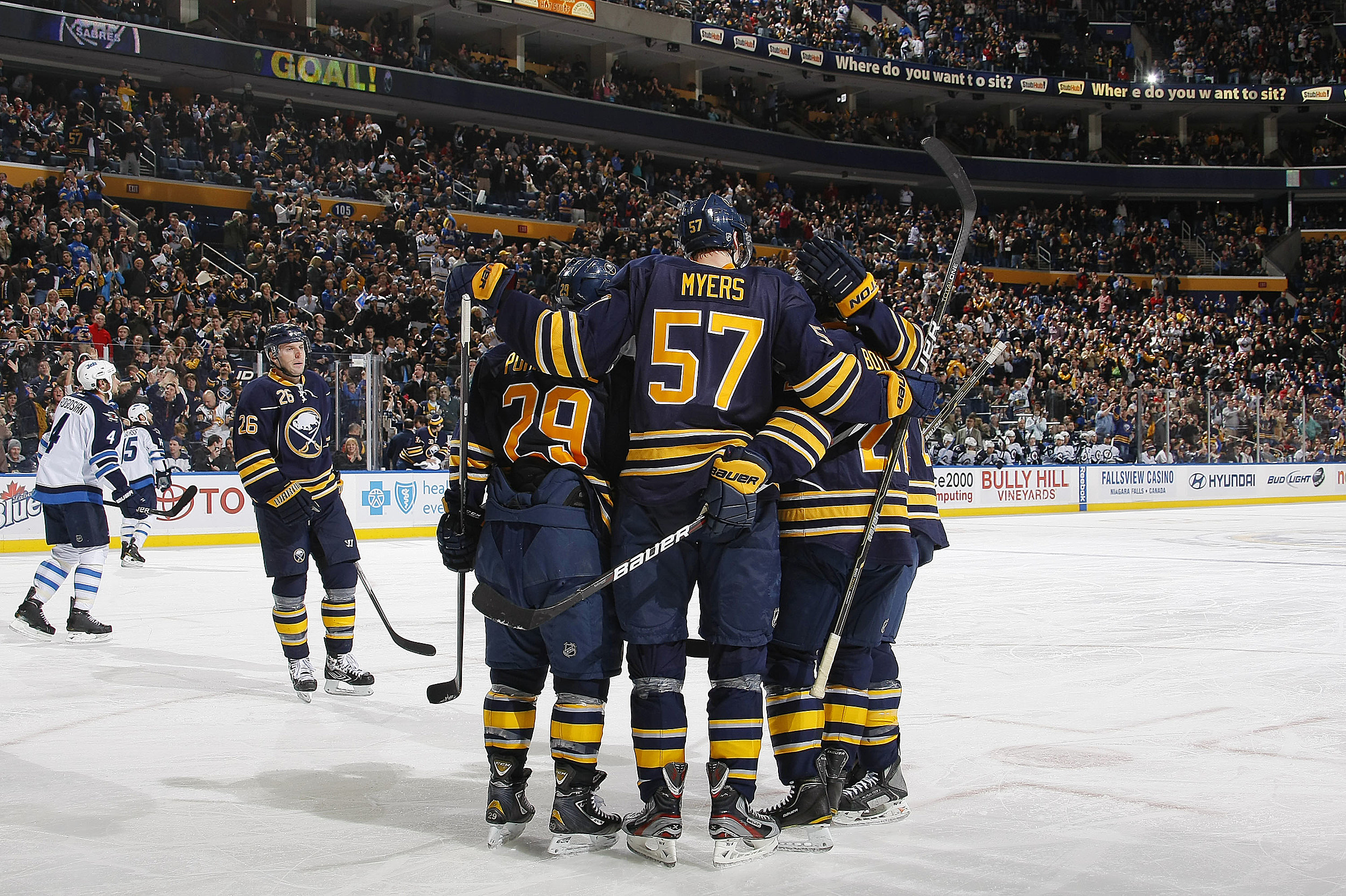According to Wikipedia....
The English football league system, is a series of interconnected leagues for men's association football clubs in England. The system has a hierarchical format with promotion and relegation between leagues at different levels, allowing even the smallest club the hypothetical possibility of ultimately rising to the very top of the system. There are more than 140 individual leagues, containing more than 480 divisions. The exact number of clubs varies from year to year as clubs join and leave leagues or fold altogether, but an estimated average of 15 clubs per division implies that more than 7,000 teams of nearly 5,300 clubs are members of a league in the English men's football league system.
 |
| Currently facing relegation from the English Premier League. |
One fundamental reason this will never take off in the United States is that owners have so much invested in their teams that they're unwilling to risk that investment by being demoted to a lower league. Can you imagine if the NY Knicks were playing in the D-League next year? How many tens of millions of dollars would James Dolan lose?
Of course, if they won the D-League they'd make it back to the NBA the following season, but that one year absence could be crippling. And if they didn't win the D-League New York City might be without an NBA team for a long time. Not a single NBA owner would be happy to have an NBA team leaving the NYC media market and being replaced with current D-League leader the Maine Red Claws who play in Portland, Maine in front of about 5,000 fans.
Not. Going. To. Happen!
HOWEVER, because it's not going to happen, fans of all professional sports in the US will continue to find themselves cheering for their teams to lose in the hope of getting a top draft choice and rebounding next year.
 |
| "It's us against the world, Guys!" |
This desire to lose isn't even a secret. Here's an article on the Sabre's official radio partner's website describing what the team needs to do to lock up last place in the league. When the Coyotes came to Buffalo a couple of weeks ago, sections of the crowd cheered when Buffalo lost. What a crazy mixed up system.
I believe that the players continue to play for wins, but perhaps without their usual passion. The players play for their reputation, for their next contract, because that's all they know to do. Meanwhile, the team bureaucracy undermines their efforts by trading stars and including young "development" players in the lineup. Officially, this is how they build for the future. Unofficially, it's how they guarantee losses to gain high draft picks.
Other sports are just the same. Should I cheer for my Indiana Pacers to make the playoffs when I expect them to bomb out in the first round, or hope they lose a few games to improve their draft position. This headline and article from Grantland.com pretty much sums up the dilemma, this time for Boston,
Wouldn't it be beautiful and exciting and nerve-wracking if these teams were instead fighting to win each night in order to avoid relegation?!?!
Spiritually, I feel the existing system forces the fans and team administrators to adopt the role of Satan. He sees people desiring to live good lives, longing to honour God, striving to serve others, and doing their best. All the time he's attempting to undermine their efforts and cheers each time we lose. He discourages us and seeks to convince us that winning is futile and even impossible: that the odds are stacked against us.
Sometimes Satan promises a brighter future in exchange for a short-term defeat. Isn't this what he offered Jesus when he showed him the world? “All this I will give you,” he said, “if you will bow down and worship me.” One defeat, one loss, one compromise, and you'll gain the world. Tomorrow you will have everything you desire. Loss will lead to victory!
In contrast, God cheers us on and motivates our victories with heavenly crowd noise. When we're struggling he's still present, still cheering, still hoping for triumphs and mourning losses. He knows that long-term success is a process. He provides a winning culture and supportive environment in the church. Through this spiritual community He supplies spiritual coaches and mentors to keep us building and moving in the right direction. As the team owner he holds nothing back that will help us reach our goals.
We'll lose at times. God knows that. He recognises that losses build character. Good things can come out of great difficulties. But He never cheers for us to lose. There is no shortcut to our spiritual finish line.
No comments:
Post a Comment